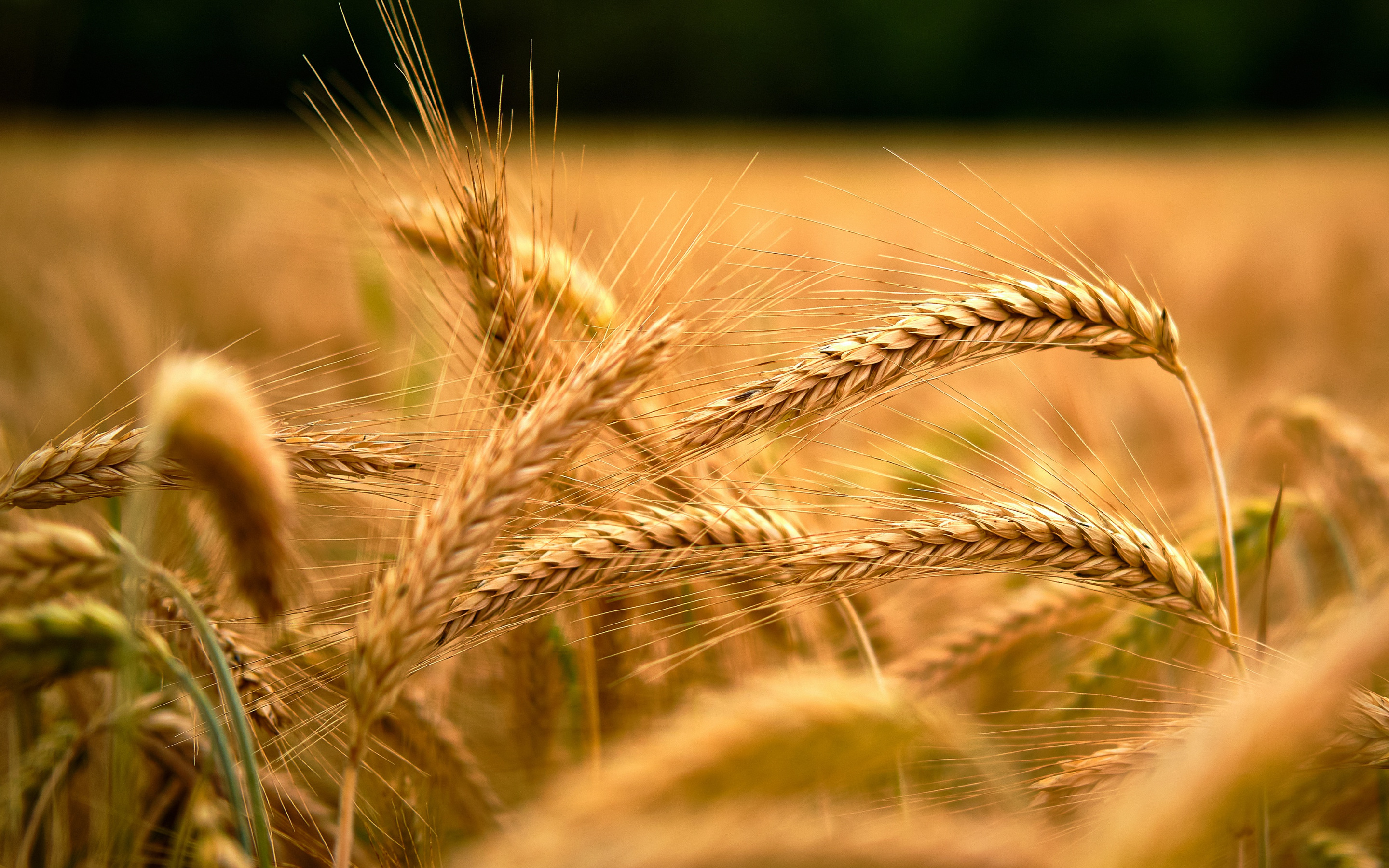One English wheat farmer is concerned that the extreme heat and dry spell England has been experiencing will result in significant crop losses this year, the BBC reported.
What's happening?
Will Dickinson, a wheat farmer from Hertfordshire, England, has revealed that he expects a crop loss of approximately 10% to 25% this year, the BBC reported. His wheat crops are usually green by this time of the growing season. However, most have turned yellow due to extreme heat and lack of rain.
Dickinson expects most of these crops to become shriveled by the time of harvest later this year.
Crop losses increase the cost of production for farmers, making it harder for them to stay profitable.
According to commodity data provided by Markets Insider, wheat prices have fallen by 9.2% between July 1, 2024, and July 1, 2025, and may continue to fall with increased crop losses.
"We are looking at this moment at growing this crop and making a loss on it," Dickinson said, per BBC.
Wheat is becoming an unprofitable crop to grow, and farmers like Dickinson may stop growing wheat to cut their losses.
Farmers around the world in Vietnam, Cambodia, Pakistan, India, Canada, and more are similarly facing the threat of failed crops due to brutal weather patterns.
Why is extreme heat concerning?
The overheating of the planet isn't just uncomfortable for humans and wildlife; it's impacting the land that farmers rely on to grow crops that sustain our food supply.
Erratic weather patterns — like dry spells and extreme heat followed by heavy rain and storm surges — make it difficult for newly planted crops to establish a deep root system to support the crop during the growing season.
The lack of precipitation dries out the soil and leads to increased water runoff. This means that, when it does rain, the hardened soil allows the water to run off instead of absorbing it. Without enough water, the crops will wither and die, leading to increased crop failure.
The increased cost of production is passed on to consumers as inflated food prices at the grocery store.
What can I do to help?
There's a large disconnect between the farmers who grow our food and their produce being stocked at the local grocery store. Farmers like Dickinson do their best to adapt to changing weather patterns, but they may still incur crop losses.
Supporting local and sustainably grown produce helps keep farms like Dickinson's alive and gives them a better chance of weathering unsuccessful growing seasons.
Joining Community Supported Agriculture also helps bridge that gap between farmers and consumers, allowing consumers to pay an upfront fee for the farm's harvest in exchange for weekly or monthly fresh produce.
To not let the hard work of farmers go to waste, buy and consume only what you will eat, and help reduce global food waste.
Source - https://www.msn.com













